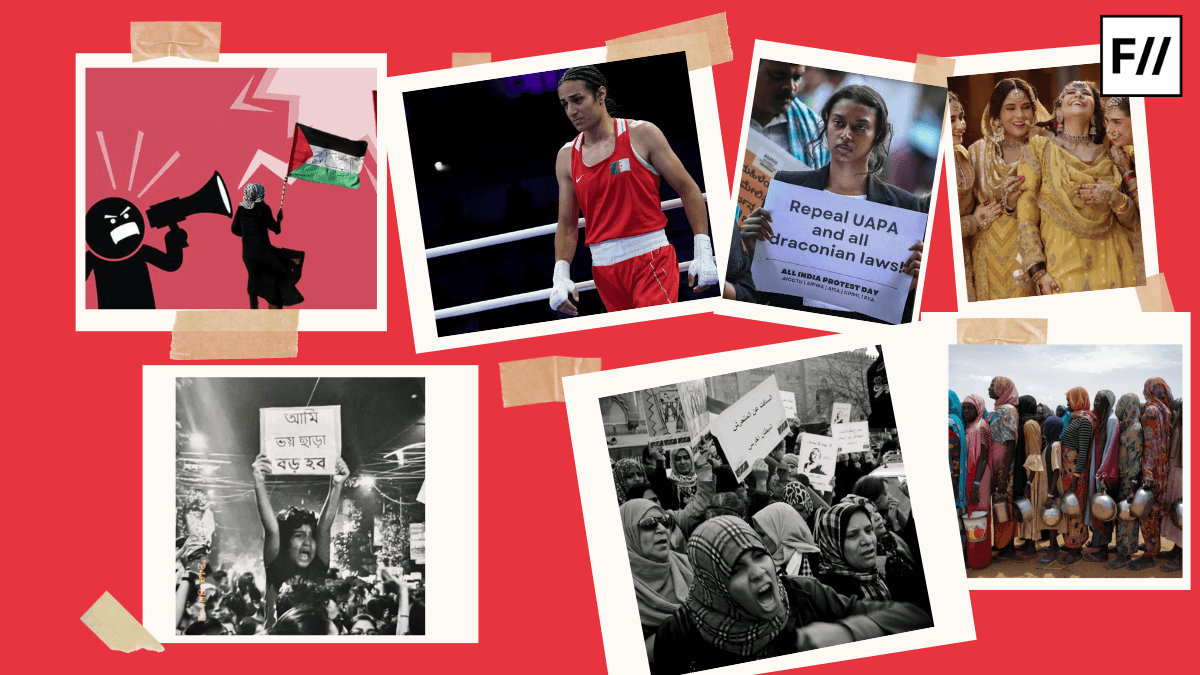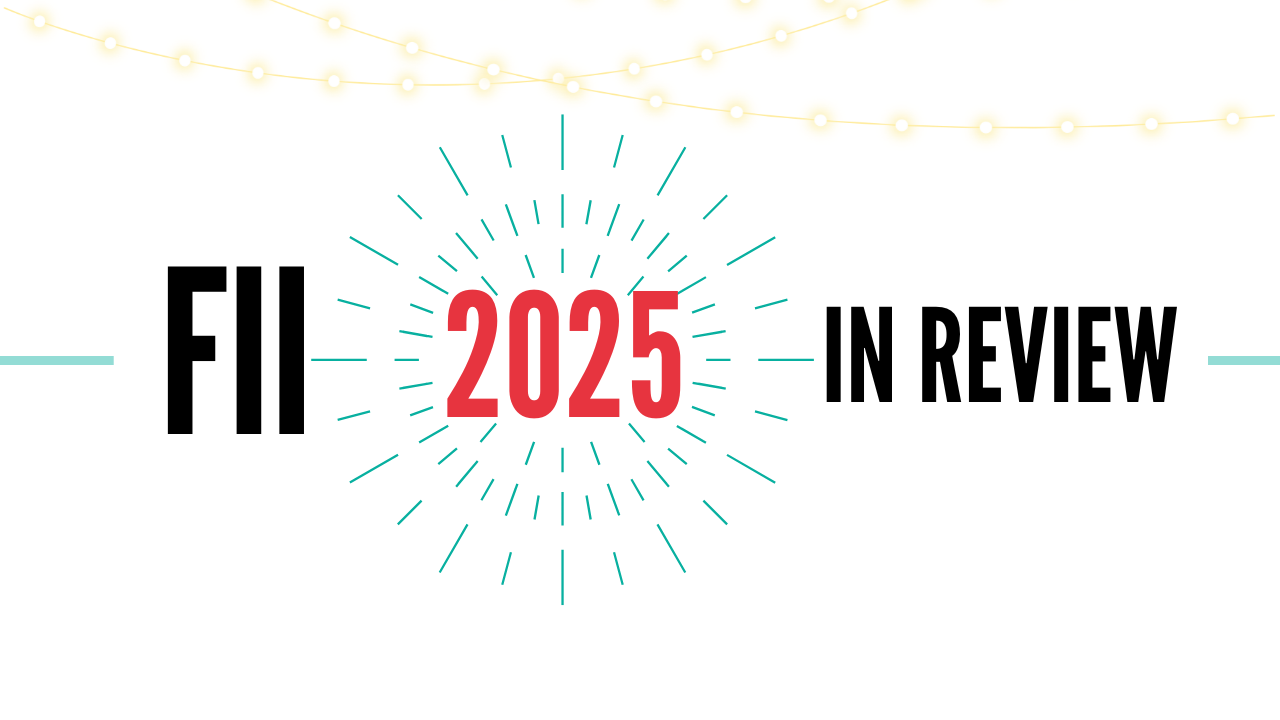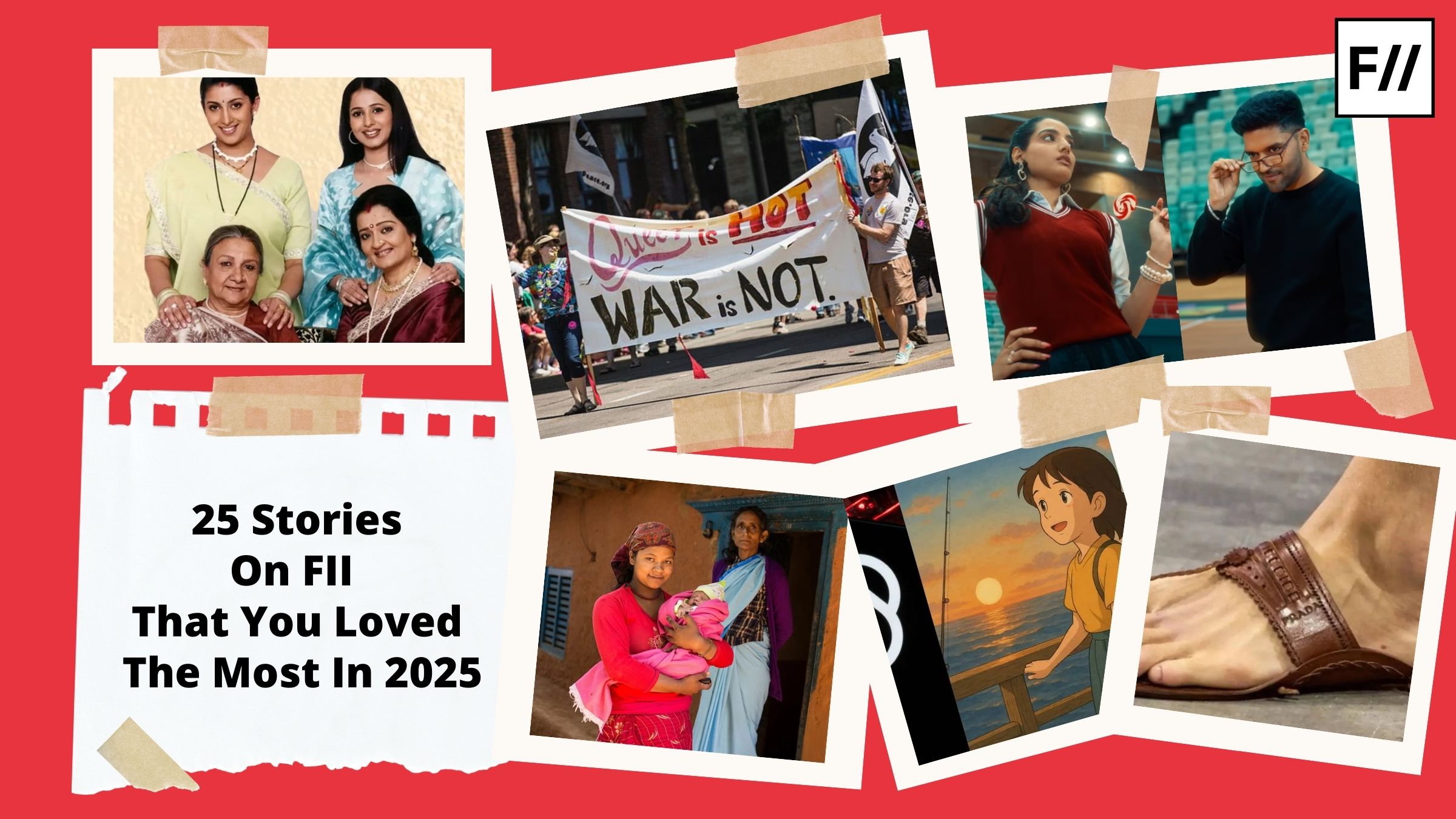In 2024, FII published a total of 1015 articles for the English edition. We wrote on a diverse variety of topics, ranging from religion, politics, women’s political participation, mental health, queerness, and caste. We also covered the gruesome RG Kar rape case in our ground report and carried an in-depth feature piece on the struggles of running a feminist media organisation. We wrote on global issues, including the genocide in Palestine and the conflict in Sudan. We published feminist reviews of popular shows and films as well as detailed intersectional feminist analyses of social issues and news events. From writing about the secret code language of the hijra-kothi community in South Asia to discussing how food and gender intersect, we covered a plethora of myriad topics.
As the year comes to an end, let us look back at 24 of our best articles from 2024.
1. The Ayodhya Ram Mandir Inauguration: BJP’s Electoral Politics Usher In The Death Of Secular India
By Ananya Ray
On 22nd January, the Ram Mandir was inaugurated with much pomp and splendour by the ruling party after a contentious history of religious dispute regarding the “Ram Janmabhoomi.” The article traces the tense history of the land and the communalism regarding who it belongs to that fragmented the multicultural ethos of our nation.
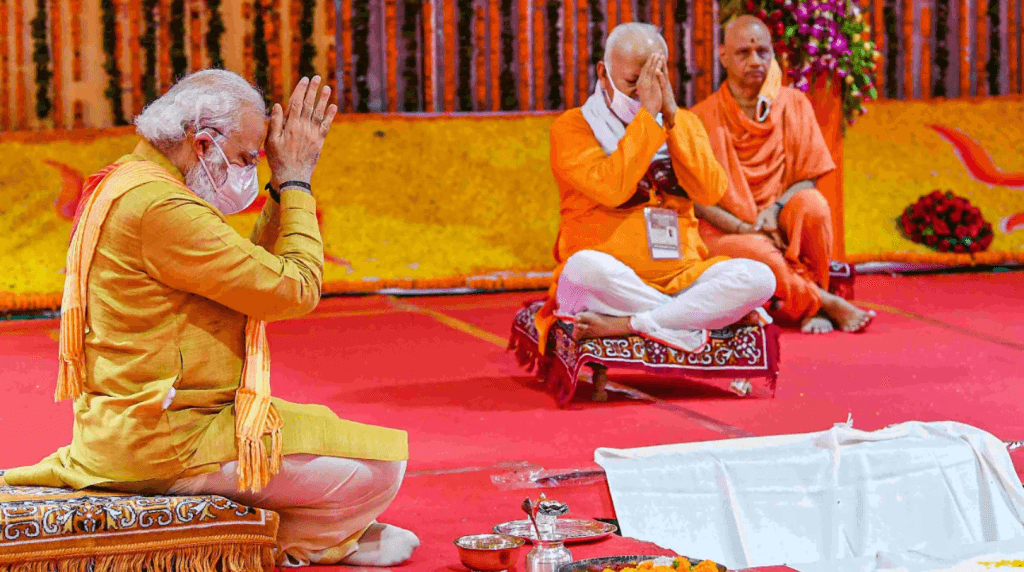
The piece argues that the building of the temple on the debris of Babri Masjid is not merely religious but a political move to garner votes before the 2024 Lok Sabha election. As an intersectional feminist news media organisation, we bring out stories that critique power anywhere in the world, and this piece claps back to the ongoing attempt to divide our nation on communal grounds.
2. How Indian Media Is Spreading Disinformation Downplaying The Palestinian Cause
By Shahinda Syed
FII was one of the first Indian organisations to write about the genocide in Palestine and the politics of Islamophobic hate surrounding it. This piece by our Associate Editor delves into how the Indian media is complicit in perpetuating the genocidal narrative by Israel.

The article looks at the role of media in times of conflict and oppression and provides a nuanced perspective on the current political condition in Palestine.
3. ICC Issues Arrest Warrant Against Netanyahu: Implications Explained
By Shainda Syed
At FII, we have always been committed to writing on global issues. We believe that the resistance against an ongoing genocide in Palestine is very much a feminist issue and are vocal about our advocacy for the Palestinian cause.
This piece articulates the inaction of global peacekeeping bodies in the face of a gruesome genocide. It is an important article to understand how the Palestinian people have always been globally marginalised by Western Imperialism.
4. Haqeeqat Aur Khwaab: Futures Of Muslim Women’s Agency In India
By Kushal Sohel and Fatima Juned
As one of the most marginalised groups in the country, Muslim women have long been relegated to the sidelines and oppressed by patriarchy, religion, and Islamophobic elements. This article examines the lived experiences and narratives of Muslim women, who, like all of us, have dreams, hopes, and stories to tell. Tracing their life stories, the article promises a “khwaab” or dream that the future has in store for these women doubly marginalised by the powers in place.
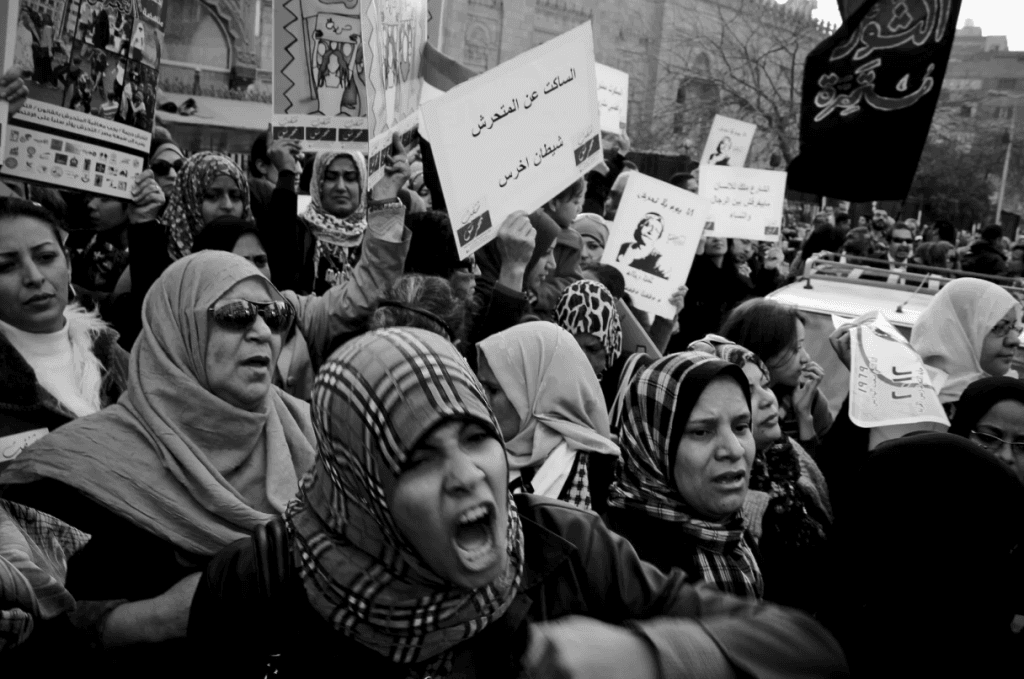
The article incorporates quotes and narratives from diverse Muslim women, showing that a social group has diversity within it and can never be reduced to a monolith. The piece is a testament to the everyday struggles, joys, and hopes of a demographic that has been vilified or exoticised, but rarely humanised.
5. From Tabloid Fodder To Industry Upheaval: The Hema Committee Report And Its Aftermath
By Gayatri Devi
At home, in India, we saw a steady feminist cultural revolution taking shape in the Malayalam film industry where sexual harassment within Mollywood was addressed through the Hema Committee report and several powerful perpetrators were exposed for carrying out or being complicit in the abuse of female actors and industry members.
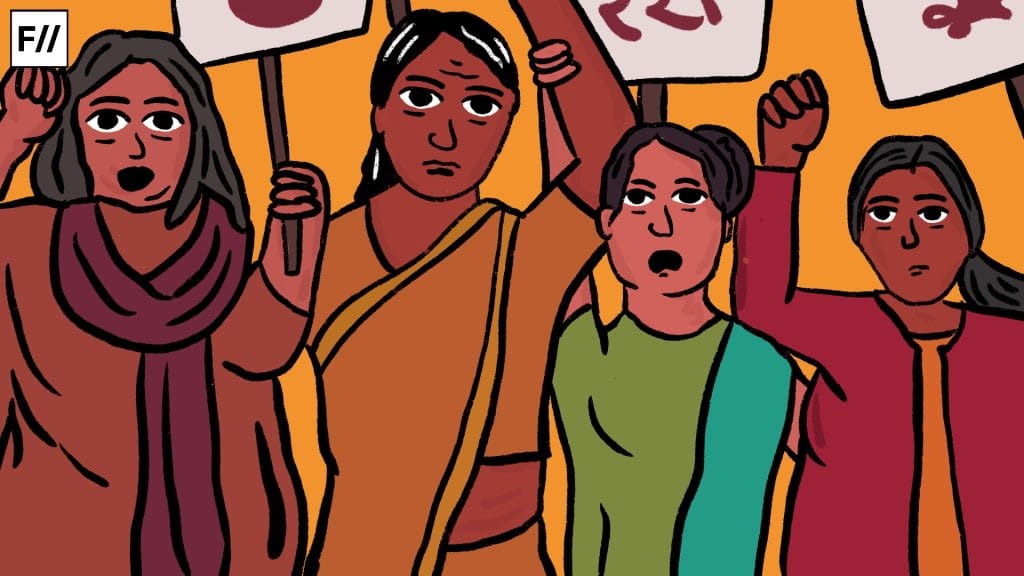
The release of the Hema Committee report marked a watershed moment in the history of Mollywood, and this article explains the implications and aftermath of the fresh wave of the #MeToo movement in the South Indian cinema industries.
6. ‘Heeramandi’: Bollywood’s Construction Of ‘Tawaif Culture’ Is All Empty Opulence
By Rokeya Ghani
The month of May saw the release of one of Sanjay Leela Bhansali’s most anticipated and ambitious projects, the Netflix show Heeramandi which discusses the lives of tawaifs or courtesans in Lahore of the 1920s, at the height of the struggle for Independence.
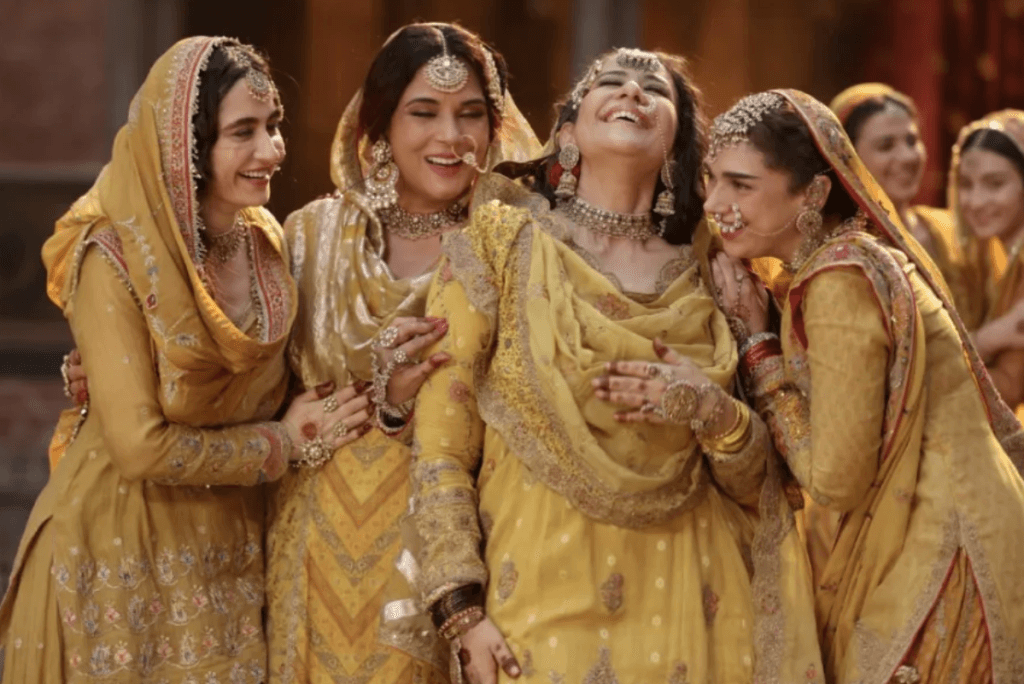
The show, while charting the seminal participation and contribution of these women in the freedom movement, falls into the same old traps of stereotyping and showcasing hollow opulence. This critical review from an intersectional feminist lens engages with the show with nuance and sensitivity.
7. Examining The Underrepresentation Of Women In The 18th Lok Sabha
By Harsh Bodwal
As the 2024 Lok Sabha elections came to a close with the results being declared soon after, it came to light that women’s representation in this Lok Sabha was quite low. This election season, FII did a series of intersectional pieces on the election and a survey on female and queer voters and their voting experiences titled The Feminist Ballot.
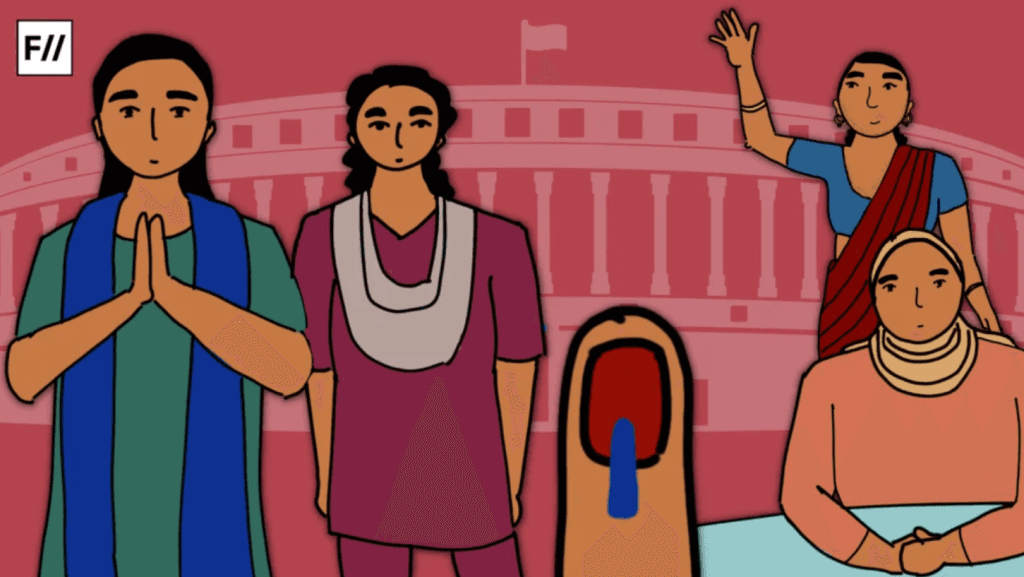
This piece is an analytical story that discusses the representations of diverse women in the 18th Lok Sabha, including Dalit and Muslim women’s representation. As the article points out, “only 74 women were elected to the 18th Lok Sabha, accounting for 13.6% of the total seats.” The piece is a crucial one that allows us to reflect on the lack of representation of women in the Indian political arena.
8. Manu Bhaker: A Victory Marred By Misogyny
By Aaliya Bukhary
2024 was also the year of the Paris Olympics. Indian shooter Manu Bhaker became the ‘first Indian woman to win a shooting medal in the Olympics‘. However, more than her sporting prowess, the attention was diverted to discuss her looks and how she would have succeeded in the Bollywood film industry. This article discusses how no matter how successful a woman is, she would always be judged on her appearance by the patriarchy, thereby diminishing her accolades in other fields.
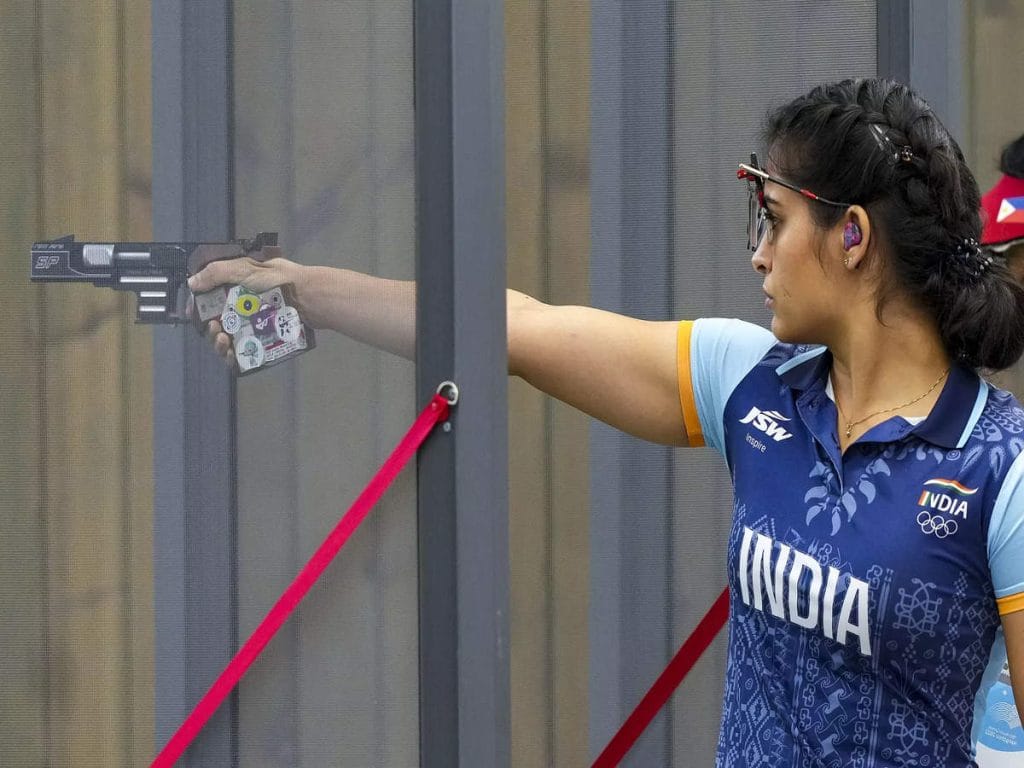
It is an important read, especially in our beauty-obsessed times.
9. Imane Khelif And The Defeminisation Of Women Of Colour In Sports
By Sarah Nautiyal
While Manu Bhaker was lauded for her conventionally feminine looks, Algerian boxer Imane Khelif was mercilessly attacked online for winning a bout against her white Italian opponent. Khelif fell prey to vile assumptions and rumours about her gender identity, and trolls claimed that she had an unfair advantage.
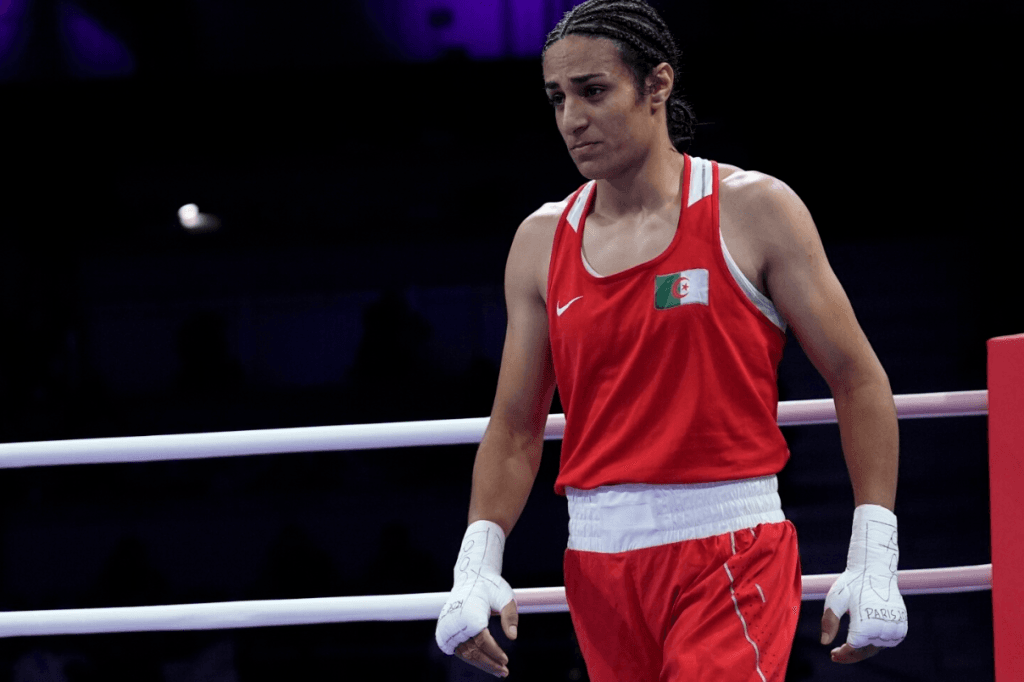
This article explains how women of colour must conform to white standards of presentability and how the successes of women of colour in sports are devalued.
10. The Brutal Kolkata Rape Case: Political Inaction, Protests And The Precarity Of Women In India
By Ananya Ray
In August 2024, the brutal rape and murder of a junior doctor on the premises of RG Kar Medical College in Kolkata, where she was affiliated, came to light, leading to a huge furor against the ruling TMC government of West Bengal and their prolonged inaction to deliver justice. The city and the nation at large erupted in protest, and several marches were held by women to reclaim the night.
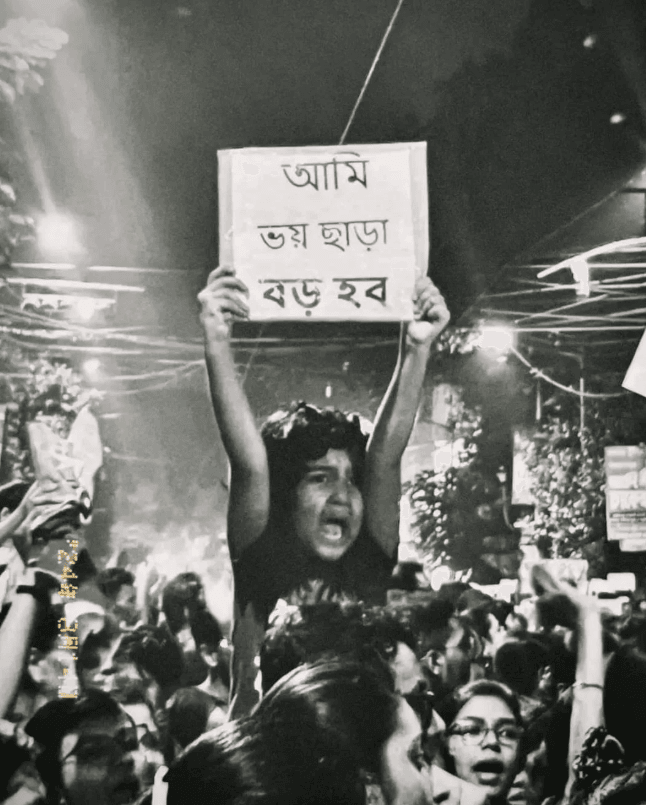
This piece is a ground report that incorporates quotes from doctors, medical students, and protesters who reiterate the lack of safety for women in the country, especially for women doctors and medicos working late hours in an unprotected and unsafe environment.
By Ananya Ray
With the closure of the iconic feminist media platform, Women’s Web, a question arose: why are feminist media organisations around the world shutting operations? Taking a deep dive into the issue of the struggles of such feminist organisations to exist in these patriarchal times, this article discusses fund crunches, government crackdowns, sexist trolling, and the slight glimmer of hope despite it all with founders and members of such organisations.
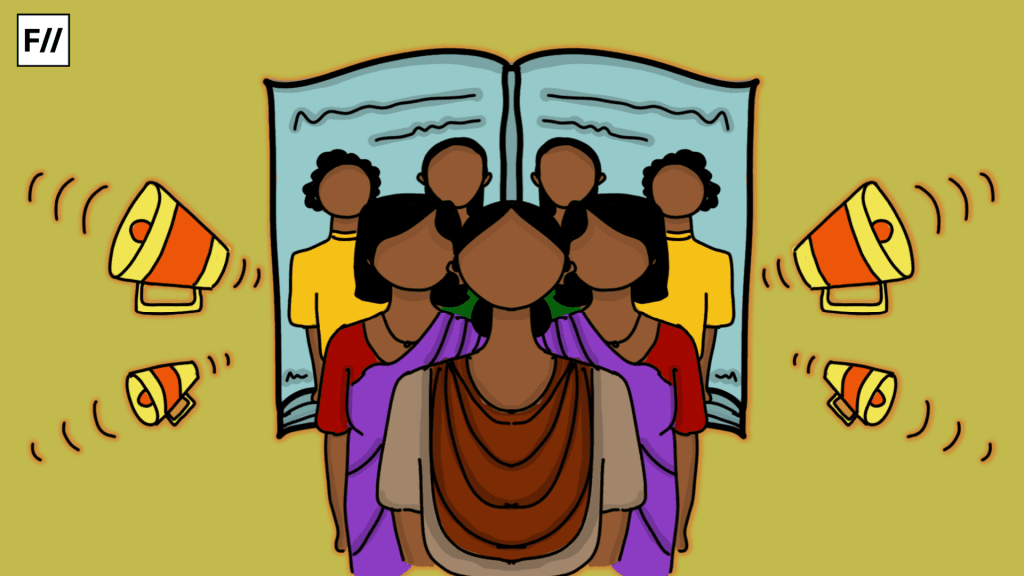
We need feminist media and news in today’s times, and thus a perspective on why these organisations are in precarious positions was a necessity in this day and age.
12. Beyond The Surface: The Critical State Of Male Mental Health And Suicide
By Saumya Sharma and Kartikeya Srivastava
October was Mental Health Awareness Month. In order to address the growing male mental health crisis, we carried an article that provided a nuanced and sensitive perspective on the issue with a feminist lens. The article reiterated how the patriarchy also affects men by discouraging them to express their emotions and putting up a facade of strength even when they are struggling.
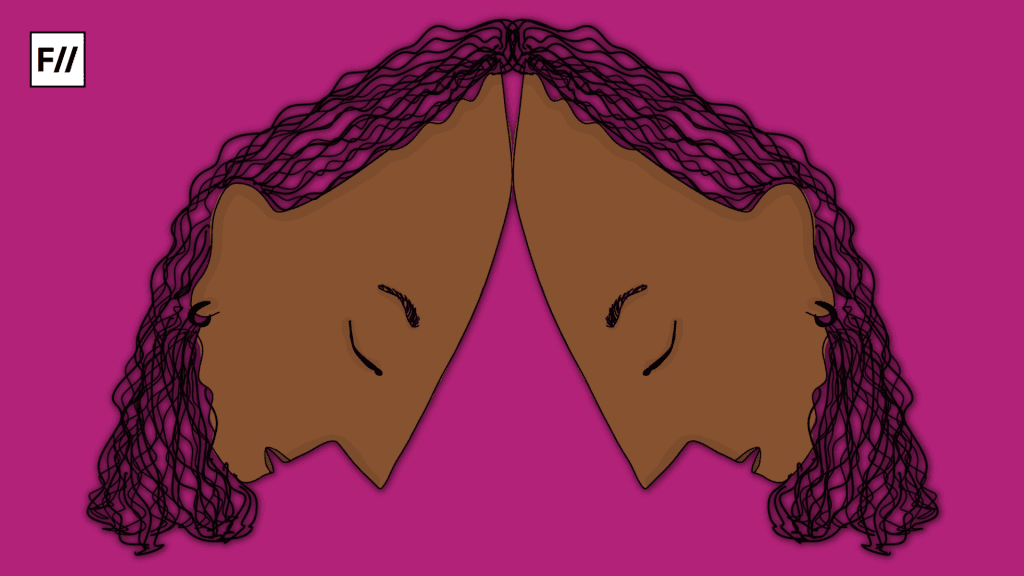
The piece is a testament to the devastating effects patriarchy has on us, irrespective of gender.
13. The Pride And The Expectations Of Coming Out As Dalit
By Sumit Baudh
Written during the Delhi Queer Pride, this piece discusses the author’s personal embodiment of their intersectional identity being queer and Dalit. The author uses the phrase ‘coming out‘ which is usually associated with accepting one’s queerness to his Dalit identity and makes it known that it is as much a part of him as his queerness.
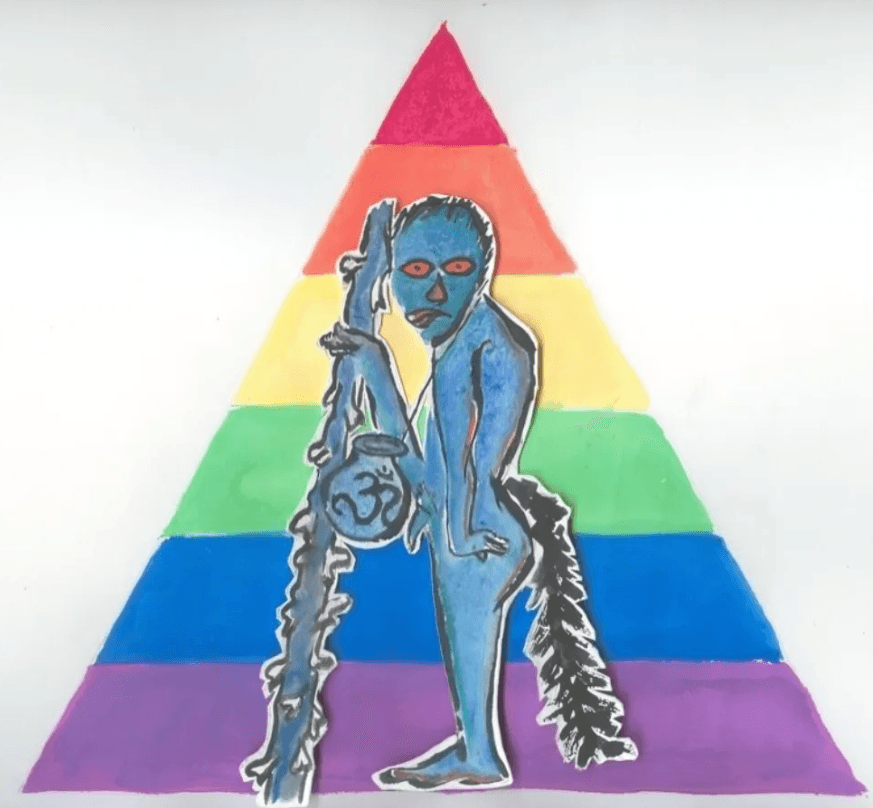
The intersectionality of gender and caste identities is portrayed and explained in a nuanced manner in this deeply personal piece by the renowned academic Sumit Baudh.
14. Suchir Balaji’s Death And What You Need to Know About OpenAI’s All-Consuming Hunger For Data
By Saptaparna Samajdar
As we are in the Age of Technology, we must grapple with the onslaught of AI aggression, which is sinister in nature and is greedy for data. This well-researched piece discusses the death of OpenAI employee and whistleblower Suchir Balaji in light of AI’s all-consuming hunger for data and the unethical and dehumanising practices of artificial intelligence companies like OpenAI and Google.

This piece is quite literally a wake-up call for us, as we are in a world where machine learning is being weaponised by powerful corporations to marginalise the working class and common people of the world.
15. Why American Women Are Choosing The 4B Movement After Trump’s Win
By Vishal Sharma
As Trump returns for yet another electoral term, women in America are fearing an imminent attack on their autonomy and right to choose. With the misogynistic rhetoric of the manosphere being sanctioned by the state, women in the US are choosing to follow the 4B movement started by Korean women.
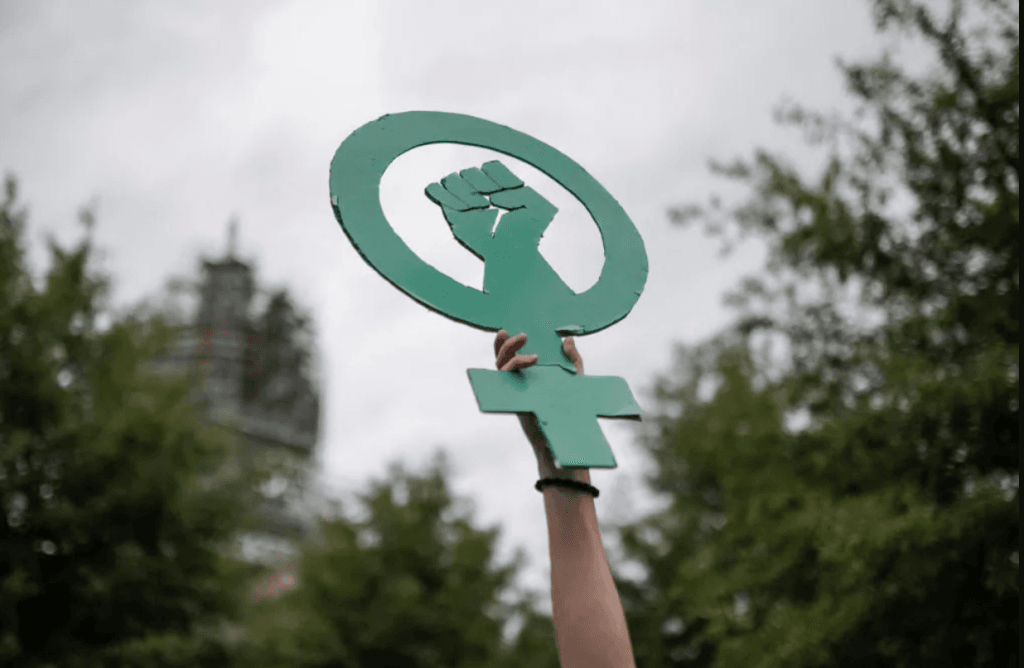
This article explores what led up to this moment in history and why women are denouncing men through the 4B movement in Trump’s America.
By Shahinda Syed
As the position of India slides further down global press freedom indices, this article becomes a crucial exploration to understand the extent of Hindutva chauvinism and their attack on Muslim journalists in India.
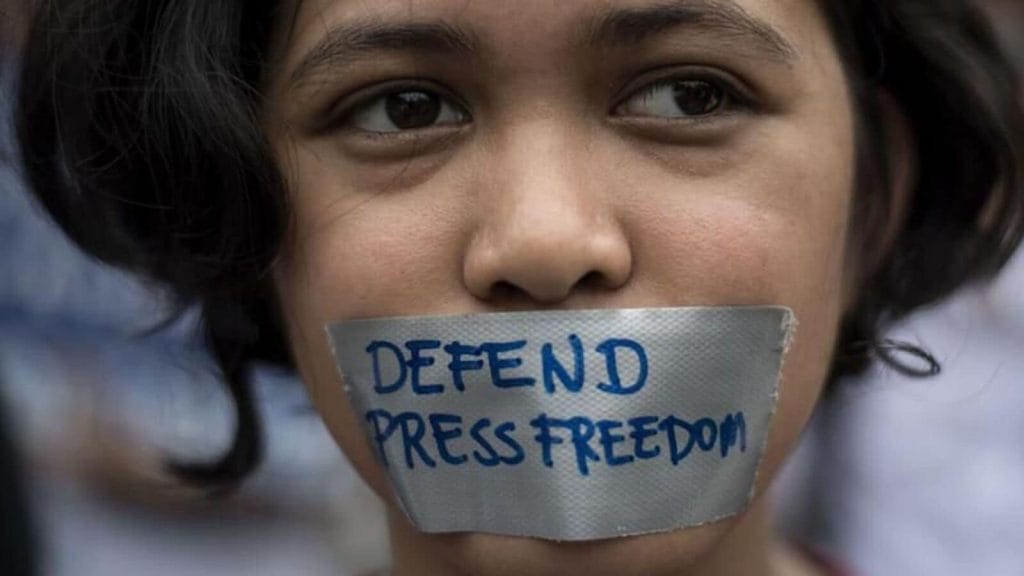
Using quotes and narratives from fellow journalists, Shahinda Syed writes a compelling piece on the politics of Hindutva hate and the stifling of free speech.
17. Ahoo Daryaei: The Body Politics Of Disrobing As An Act Of Resilience
By Vishal Sharma
The aggression by the morality police in Iran has time and again led to women-led protest movements against the forceful imposition of the hijab. In November this year, an Iranian PhD student protested the misogyny of the theocratic State by disrobing publicly.
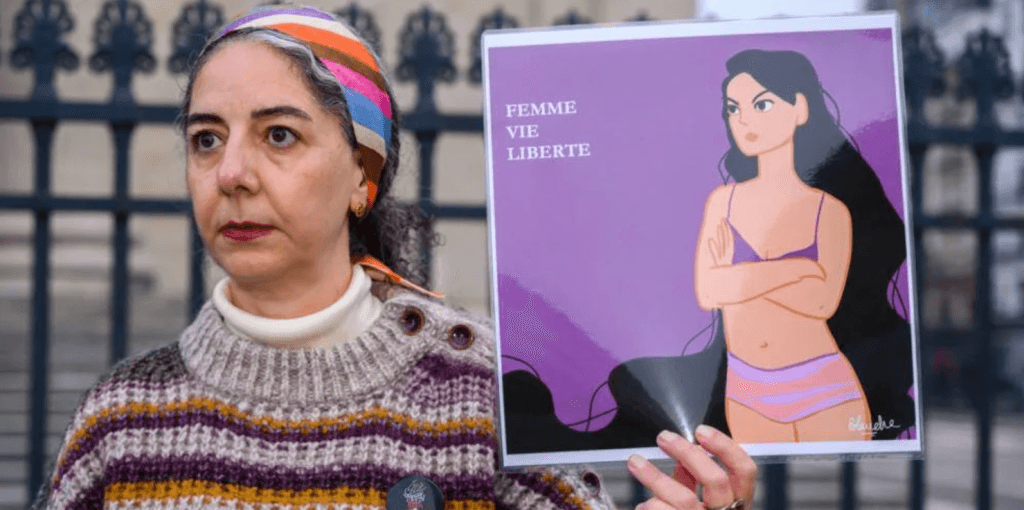
This article discusses the power the naked female body holds in feminist protests, likening Ahoo Daryaei’s act of resistance to the mothers of Manipur and the #FeesMustFall protests in South African universities. This piece is a powerful take on the body politics of feminist protests.
18. Congratulations Shailaja Paik: India Does Not Deserve You
By Asmita Seth
Renowned academic and anti-caste activist Shailaja Paik was awarded the prestigious MacArthur fellowship.
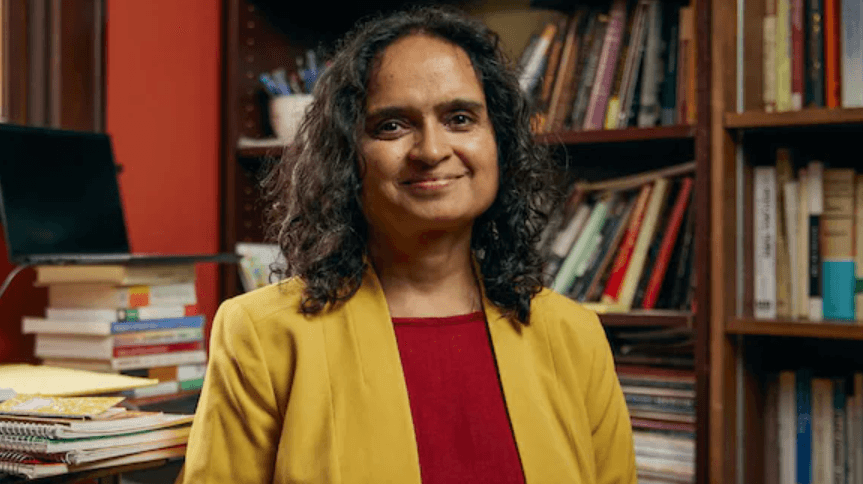
This article explores her outstanding contribution to the corpus of anti-caste academic work and the importance of her being awarded such a huge honour.
19. Sudan Is Starving: The Politics Of Hunger And Famine
By Insha Hamid
As Dr. Martin Luther King said, “Injustice anywhere is a threat to justice everywhere.” In Sudan, currently, genocide is being carried out by the Saudi Arabia-funded RSF. A man-made famine in the region is endangering the lives of hundreds of Sudanese people, much like the state-orchestrated famine in Gaza.
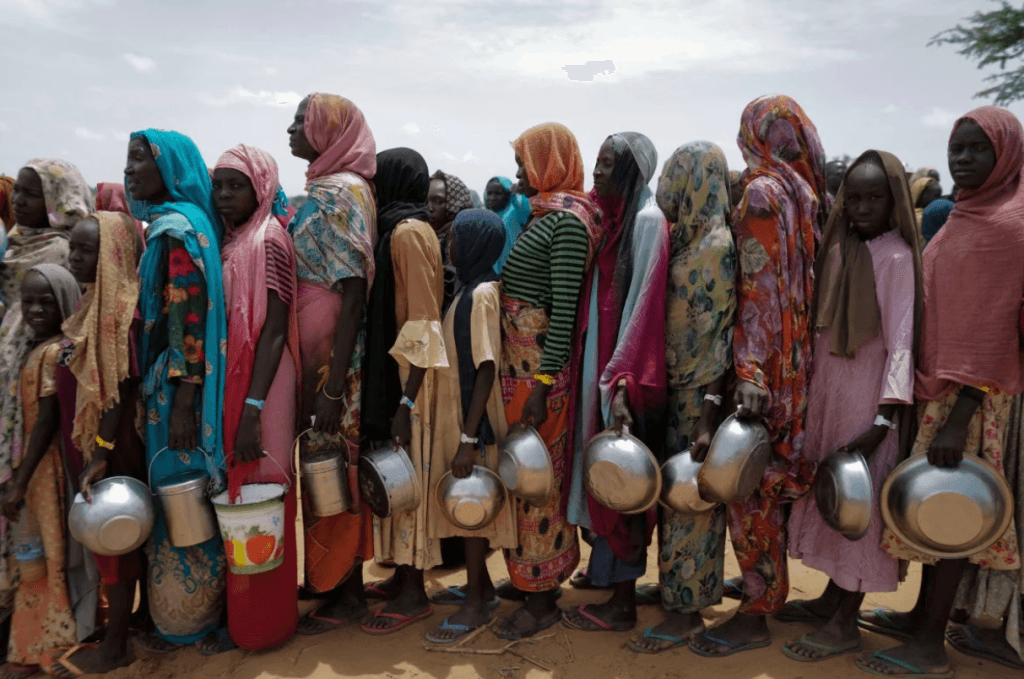
This article discusses the biopolitics of man-made famine and how hunger is weaponised by the oppressor.
By Stuti Paul Singh
Ever since the Taliban have regained power in Afghanistan, women have been systematically disempowered by the state. This article analyses how Afghan girls have been denied access to education and women are barred from working as professionals.
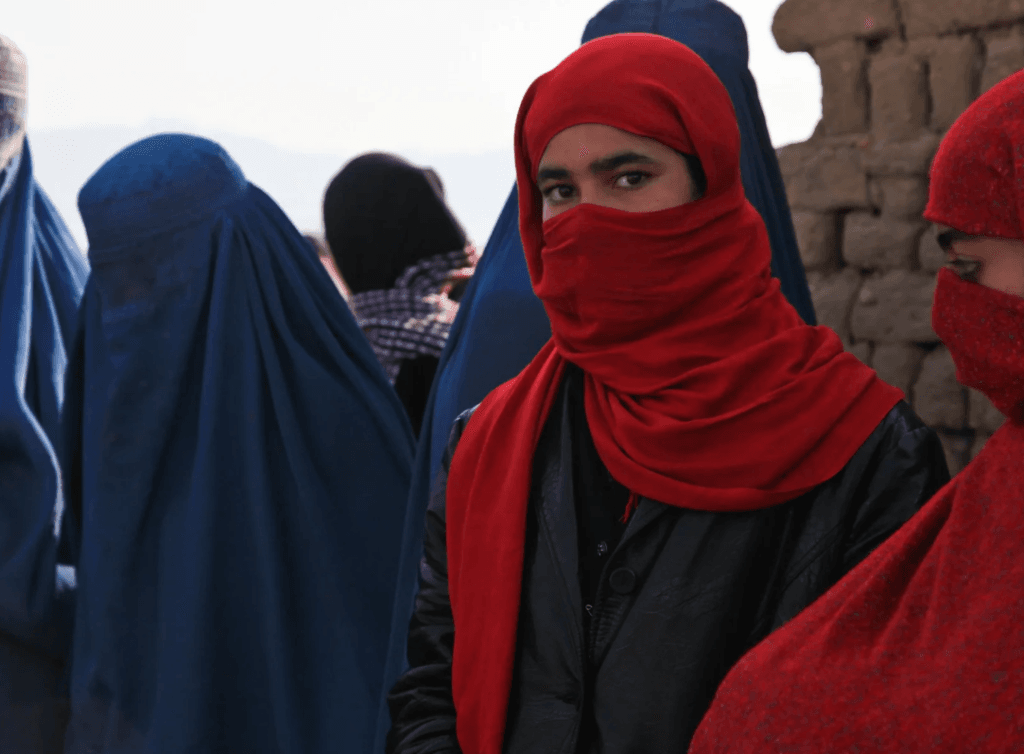
The article is important in our times as the world silently witnesses Afghanistan regress into a dark and orthodox past, losing whatever progress it had made in the last few decades.
21. The Manosphere’s Response To Atul Subhash’s Suicide Is Violent Misogyny
By Akshita Prakash
Recently, news that has been on our minds is the suicide of Atul Subhash, who alleged that his ex-wife had harassed him for alimony and charged him with false cases of abuse. While an unbiased introspection of the Indian legal and judiciary system is the need of the hour, this article argues how misogynists have weaponised this case to spew violence and hate against women and discredit all cases of marital abuse.
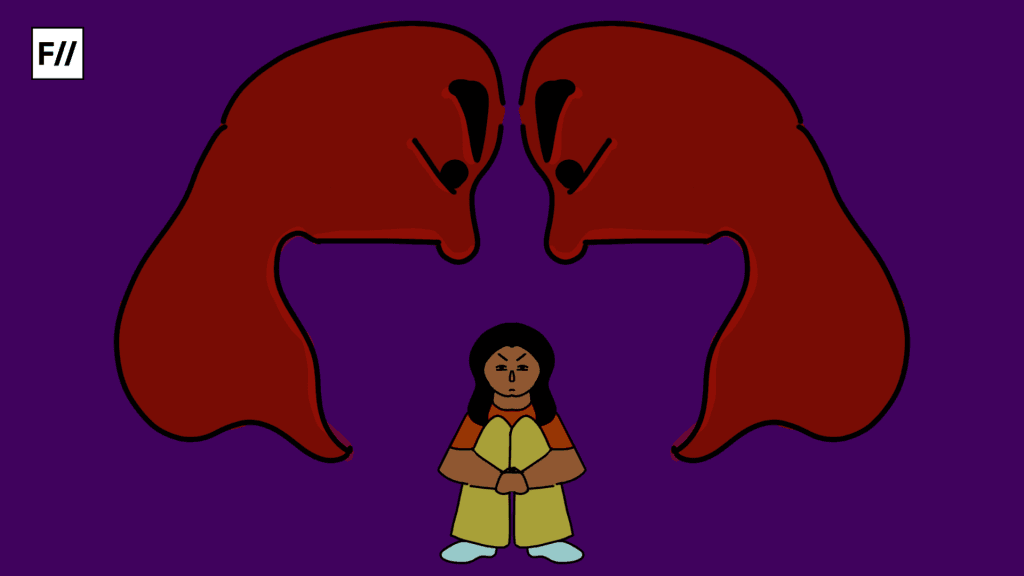
Through a detailed analysis of Atul Subhash’s last letters and notes, this piece offers a much-needed critical feminist perspective on the case.
22. Amazon Workers Allege Inhumane Working Conditions Amidst Heatwave, NHRC Orders Investigation
We believe that workers’ rights are also an intersectional feminist issue and must be addressed through an intersectional lens. Amazon is known for being anti-worker and solely profit-orientated, choosing profit over its people, as a huge capitalist corporation.

This piece by our Hindi Associate Editor is an investigative article exploring the inhumane treatment of workers in Amazon warehouses and unethical malpractices rampant in these spaces.
By Syed Affan
In the current political scenario in India, incarceration of dissenters on sedition charges has become commonplace.
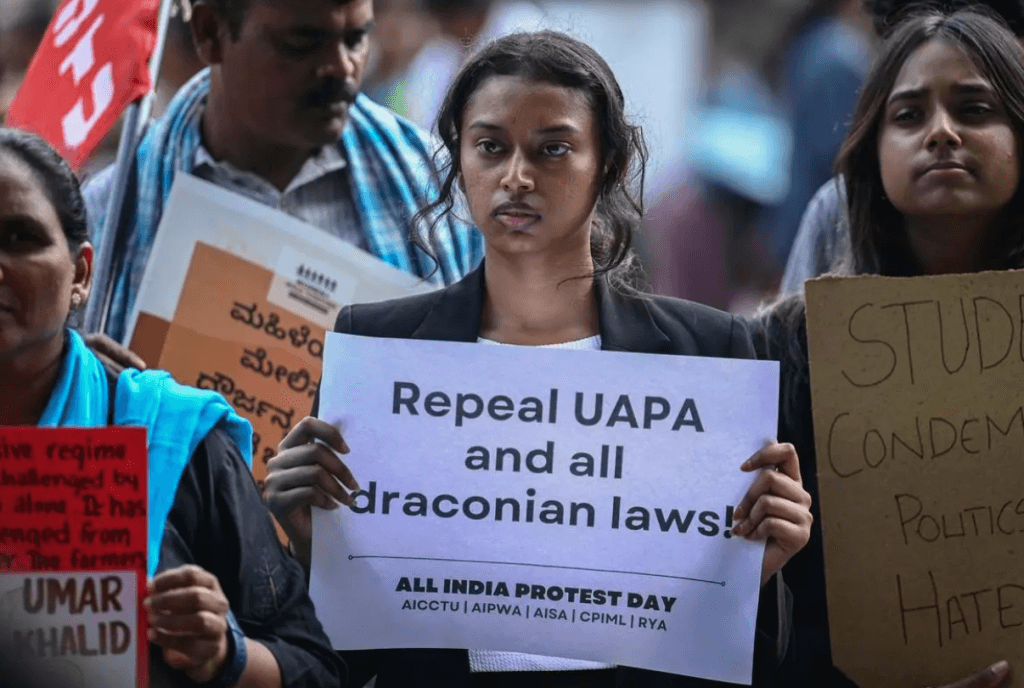
Incorporating quotes and narratives of incarcerated activists like Umar Khalid and their family members, this piece discusses how the act of political dissent is criminalised and how political prisoners are incarcerated indefinitely, thereby denying them justice
24. Gisèle Pélicot: The French Woman Who Defied Her Abusive Husband
By Rochi Kale
The recently concluded trial of the abusers and rapists of Gisèle Pélicot has taken the world by storm. Seventy-year-old Pélicot was sedated and raped by her husband as well as several other men. The perpetrators have been served with 20 years of imprisonment.
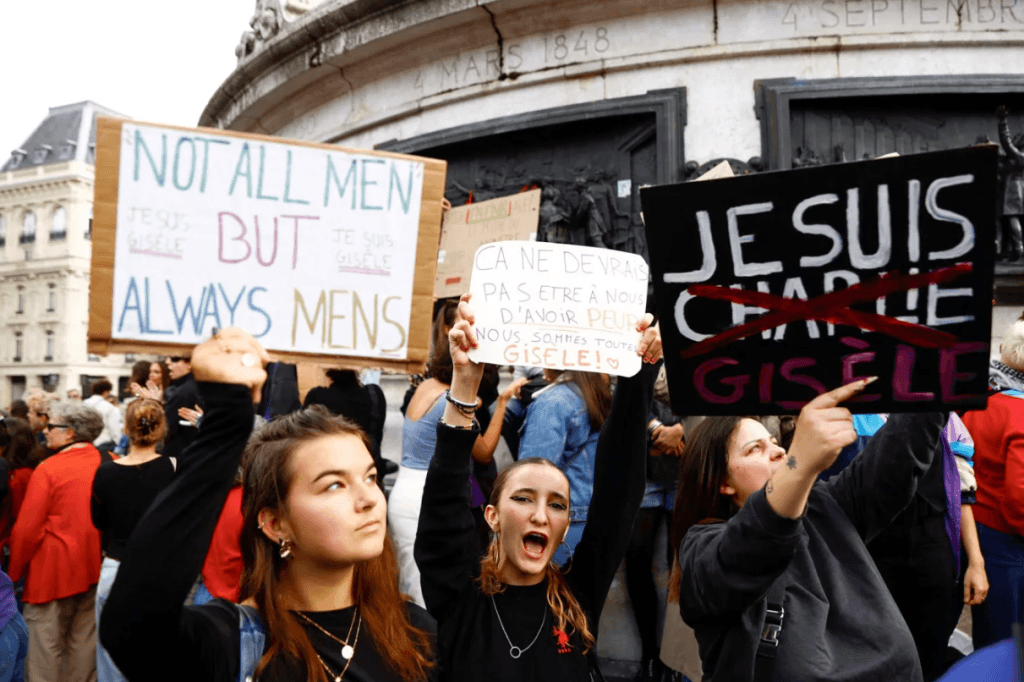
The case opened up conversations on gender-based violence and reiterated that ‘shame must change sides‘. This article is crucial as it discusses the case and the feminist impact of it.
The year 2024 has been eventful for the FII’s English Editorial Team, who not only edited, published, and wrote some of these pieces but also learnt about diverse topics and ideas while reading and editing these pieces for publication. We thank our writers, whose contributions and perspectives have greatly enriched our platform.
Which was your favourite piece by FII this year? Comments are welcome!
About the author(s)
Feminism In India is an award-winning digital intersectional feminist media organisation to learn, educate and develop a feminist sensibility and unravel the F-word among the youth in India.
